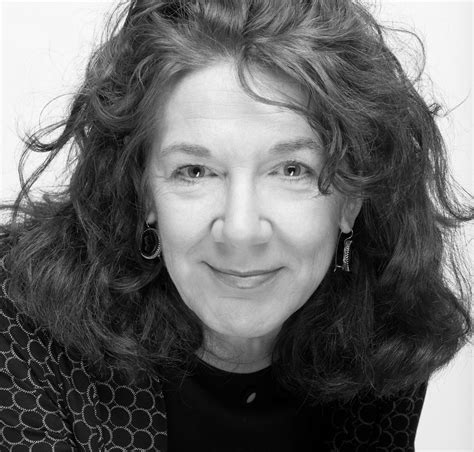A Quote by Mary Ruefle
It is the first experience you ever had of reading a decent poem: 'Oh, somebody else is lonely, too!
Related Quotes
I remember reading this thing that Elizabeth Taylor wrote. She had her first kiss in character. On a movie set. It really struck me. I don't know how or why, but I had this sense that if I wasn't really careful, that could be me. That my first kiss could be in somebody else's clothes. And my experiences could all belong to someone else.
One of the things that was really influential early on was Ezra Pound's Cantos, one poem he worked on for 50 years. It's epic. I had a great deal of difficulty understanding it. One of the problems was you'd be reading along in English and he would move to a Chinese ideogram or French-he actually used seven different languages in a given poem. And for somebody who's not fluent in different languages it has the impact of rupturing your way of understanding something.
The last page of [Lincoln in the Bardo] - without giving too much away - involves somebody entering somebody else. Not in a sexual way. But it says one of the simplest things you could ever say, which is that we must try and be inside each other. We must have some kind of feeling for each other and enter into each other's experience.
I just think that the world of workshops - I've written a poem that is a parody of workshop talk, I've written a poem that is a kind of parody of a garrulous poet at a poetry reading who spends an inordinate amount of time explaining the poem before reading it, I've written a number of satirical poems about other poets.







































